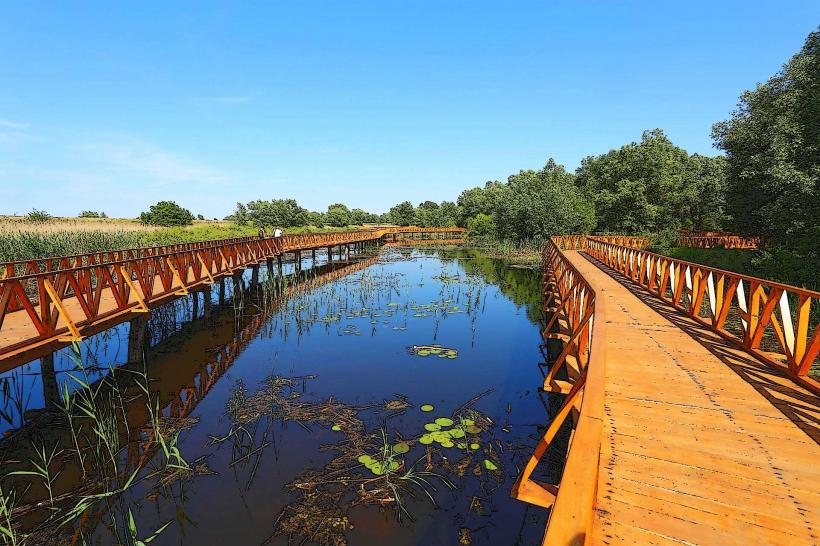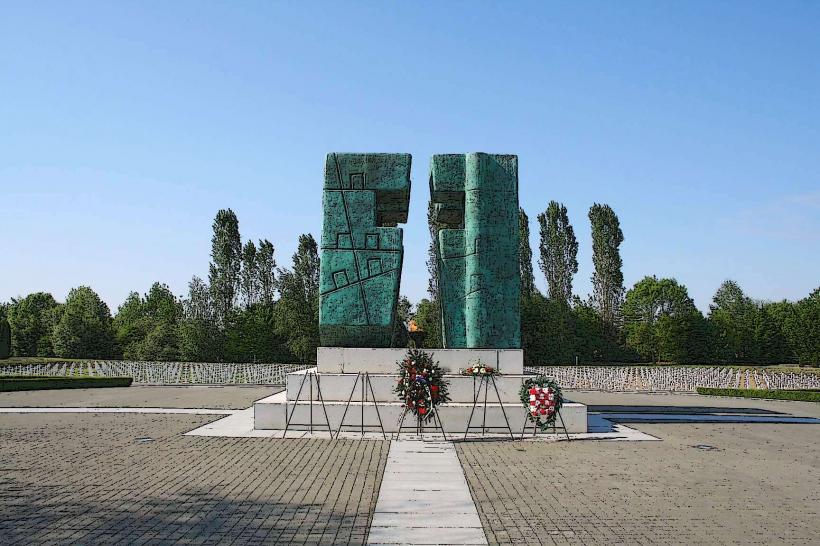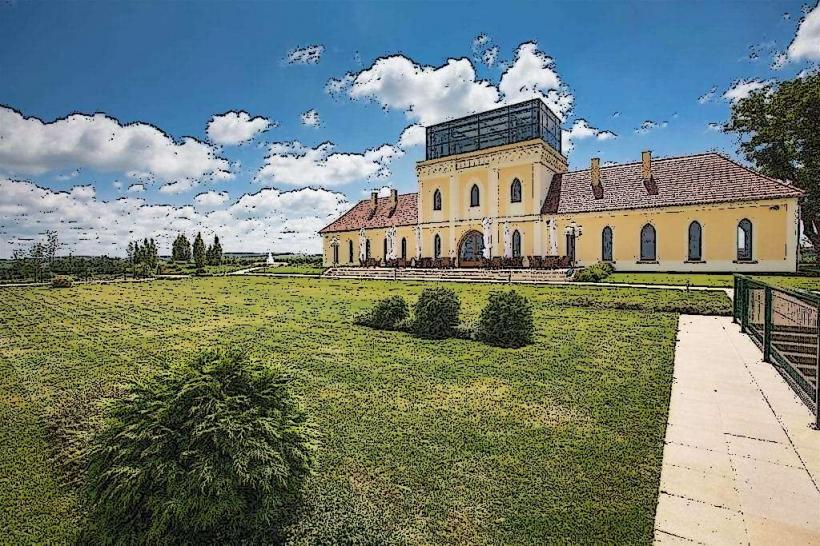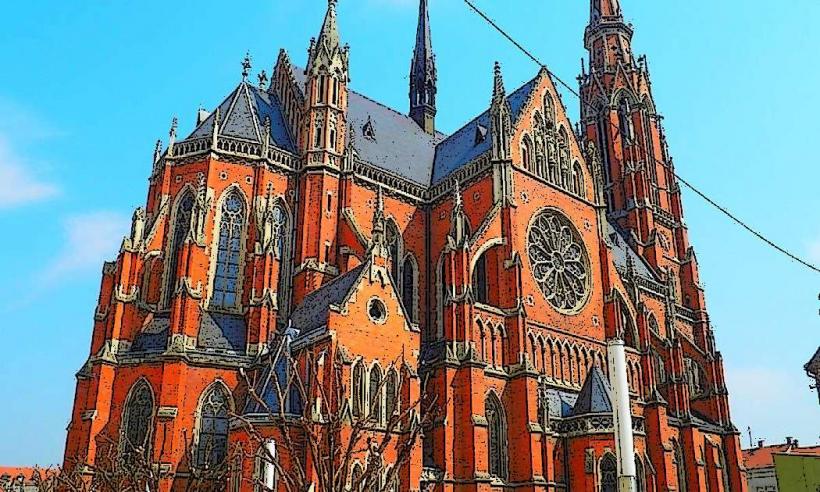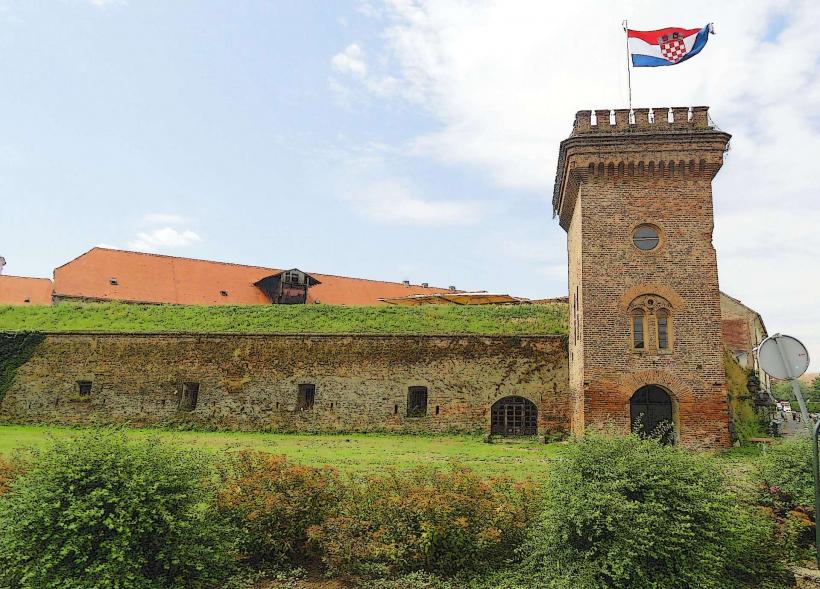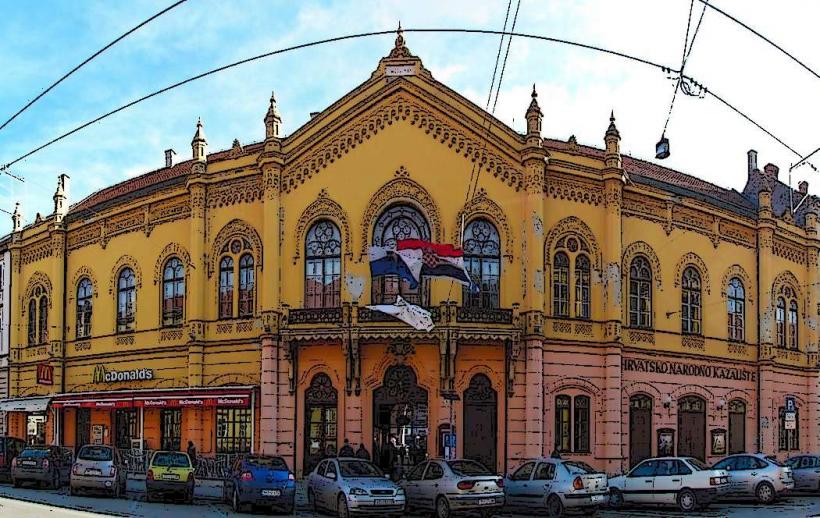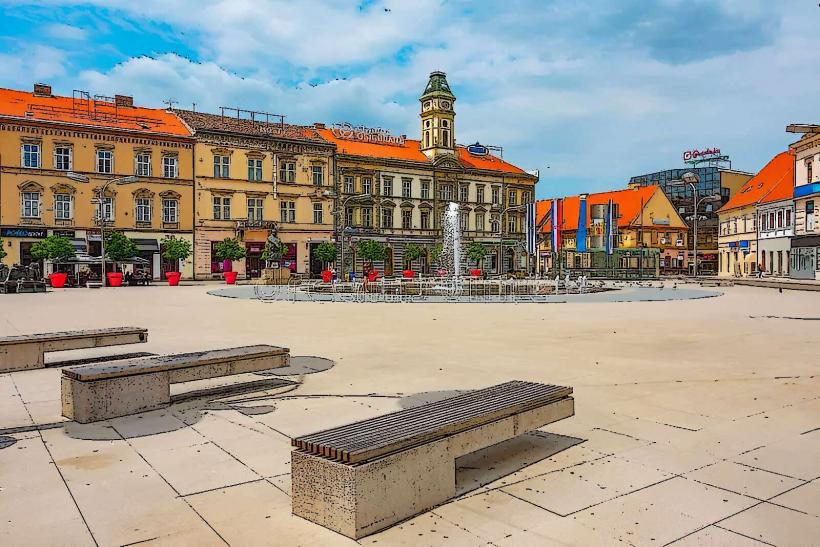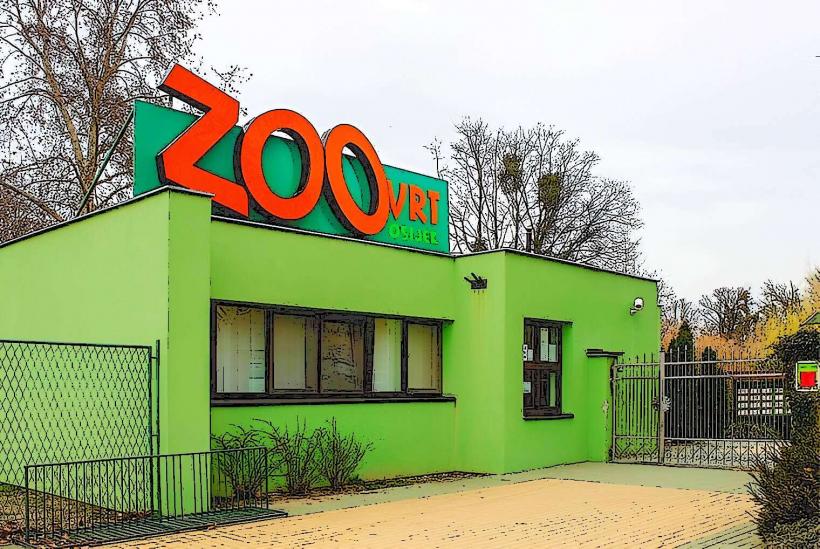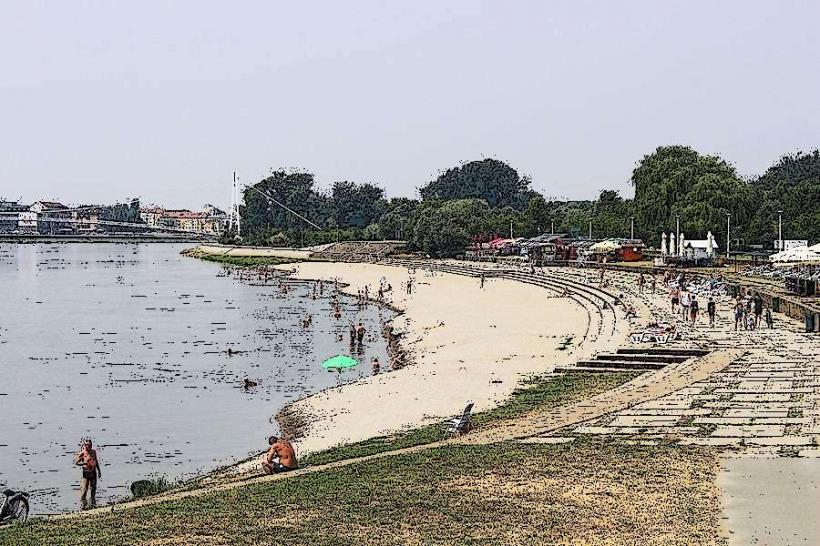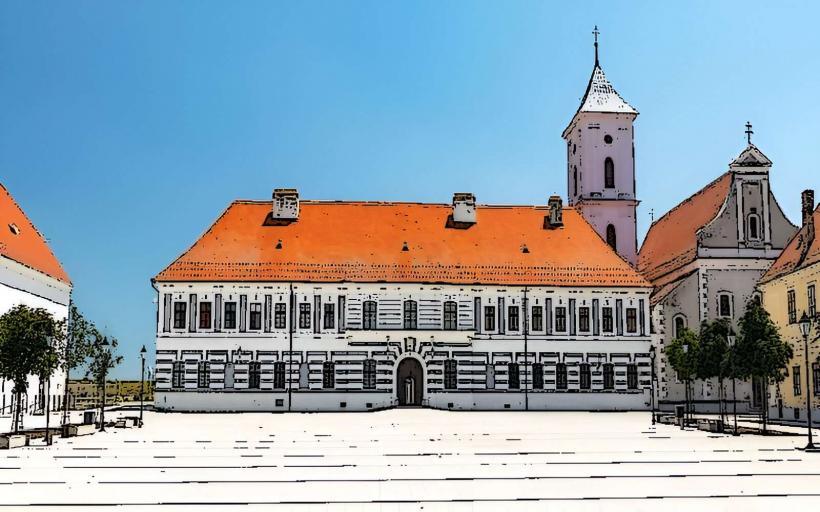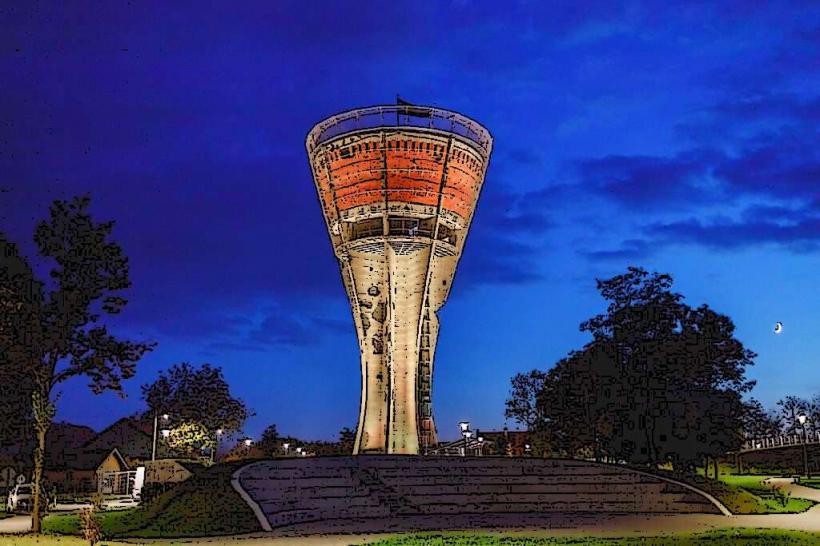Information
Landmark: Museum of SlavoniaCity: Osijek
Country: Croatia
Continent: Europe
Museum of Slavonia, Osijek, Croatia, Europe
The Museum of Slavonia is the largest general-type museum in Croatia, located in the Tvrđa (Fortress) district of Osijek. It is housed in several significant Baroque buildings, primarily the former City Guardhouse and the Magistrate building.
Visual Characteristics
The museum occupies two main monumental Baroque buildings on Holy Trinity Square. The City Guardhouse features a prominent corner tower and an arcade on the ground floor, with a yellow and white facade. The interiors are characterized by high vaulted ceilings, wide stone staircases, and polished wooden floors. Exhibits are displayed in high-ceilinged galleries using a combination of traditional glass cabinetry and modern interactive installations.
Location & Access Logistics
The museum is located at Trg Svetog Trojstva 6, in the center of the Tvrđa district.
Public Transport: Osijek Tram Line 1 stops at the "Tvrđa" station, 300 meters south of the museum.
Access: The square is a pedestrian-priority zone. Access from the city center is via a 20-minute walk or a short tram ride east.
Parking: Paid parking is available in the large lot on the eastern edge of Tvrđa (0.3km) or the lot south of the ramparts.
Historical & Ecological Origin
Founded in 1877, it is one of the oldest museums in Croatia. Its initial collection was based on a donation of coins and medals from local merchant Franjo Sedlaković. The museum's primary buildings date back to the early 18th century (c. 1702), serving as the administrative and military heart of the Habsburg fortress. It was established to preserve the cultural, archaeological, and historical identity of the Slavonia region.
Key Highlights & Activities
The museum houses over 400,000 artifacts across several departments. Key highlights include the extensive Roman archaeological collection from the ancient city of Mursa and one of the largest numismatic collections in Europe. Visitors can explore the "Lapidarium" containing stone monuments and the "Historical Department," which details the development of Osijek from prehistory to the 20th century.
Infrastructure & Amenities
The facility includes a specialized library, a conservation workshop, and a souvenir shop. Restrooms are available on the ground floor. The museum is equipped with stable 5G cellular coverage. While the main galleries are spacious, some sections of the historic buildings have limited wheelchair accessibility due to original stone thresholds and stairs; however, elevators are available in modernized wings.
Best Time to Visit
The best time to visit is on Tuesday mornings when the museum reopens for the week. For those interested in local culture, the first Saturday of every month coincides with the Tvrđa antique fair held in the square outside. The museum is typically open Tuesday through Saturday from 10:00 to 18:00.
Facts & Legends
A historical oddity is that the museum's library holds over 100,000 volumes, including rare incunabula and books from the 16th century, making it one of the most significant scientific libraries in the region. Local legend suggests that the thick walls of the former Guardhouse still hide secret storage niches used by soldiers during the 18th-century Ottoman threats.
Nearby Landmarks
Holy Trinity Square (Trg Svetog Trojstva) – 0.01km (Outside)
Water Gate (Vodena vrata) – 0.15km North
Drava River Promenade – 0.2km North
Co-cathedral of St. Peter and St. Paul – 1.8km West
Osijek Zoo – 1.5km Northwest (via Pedestrian Bridge)

